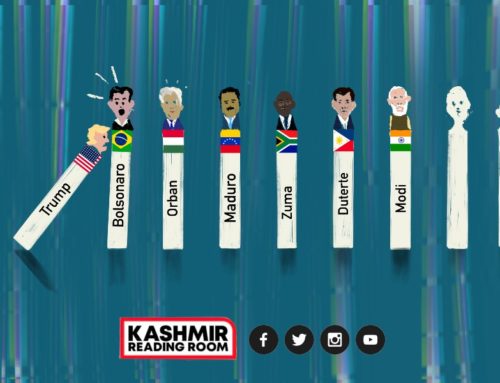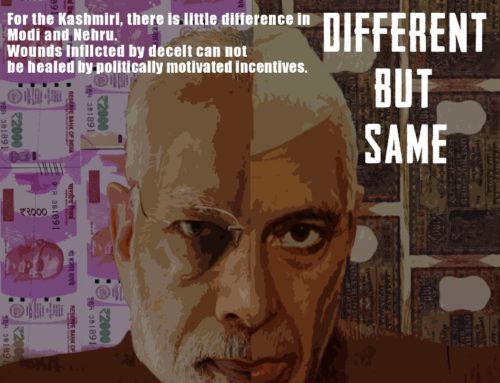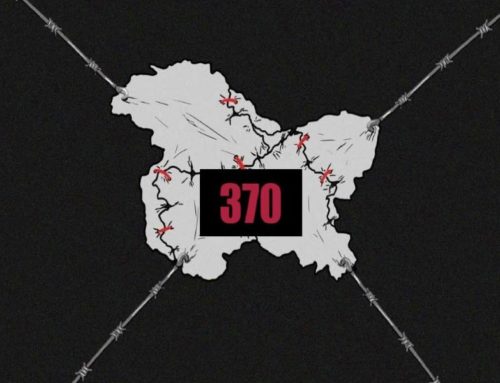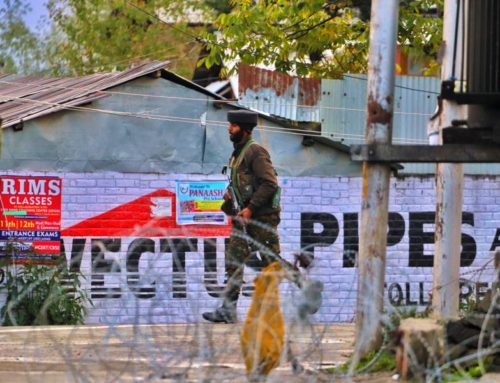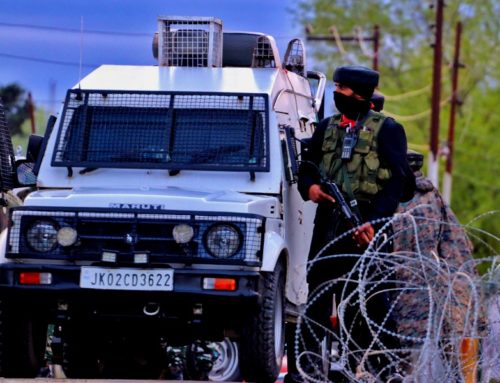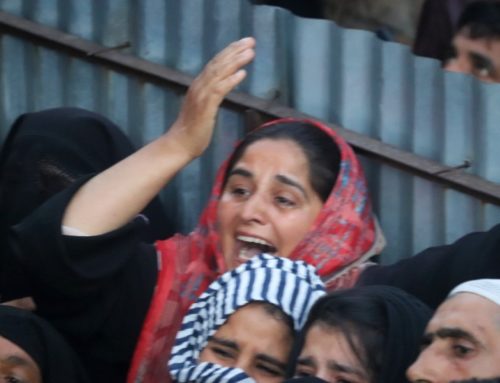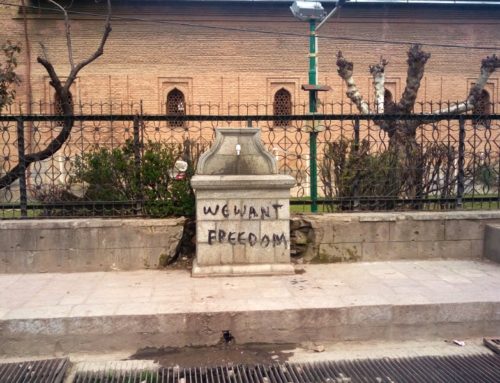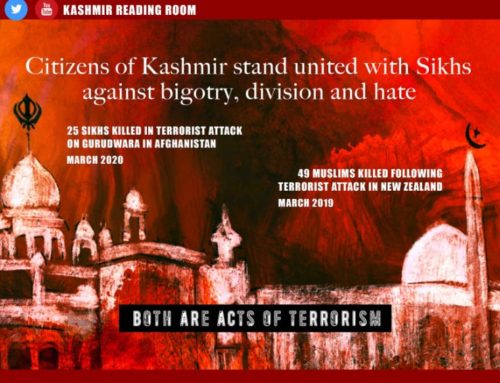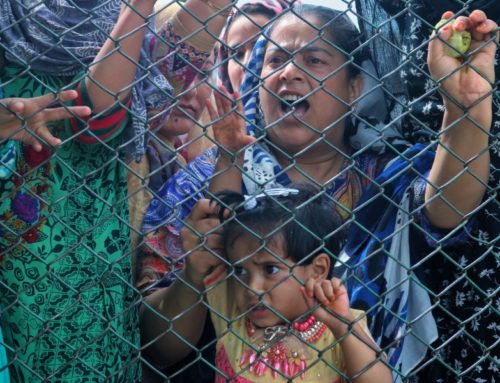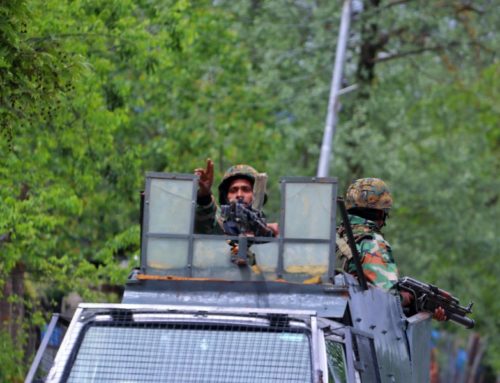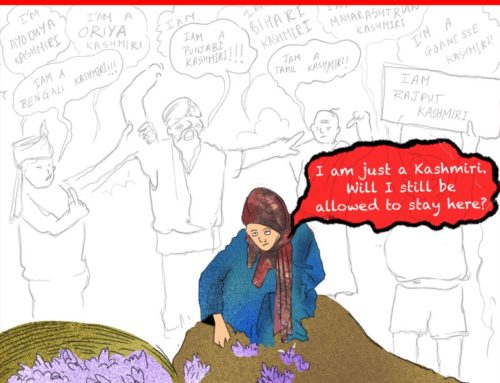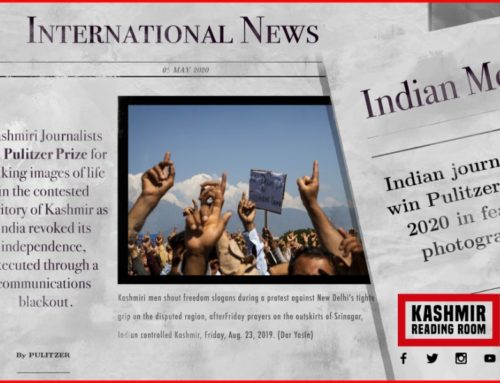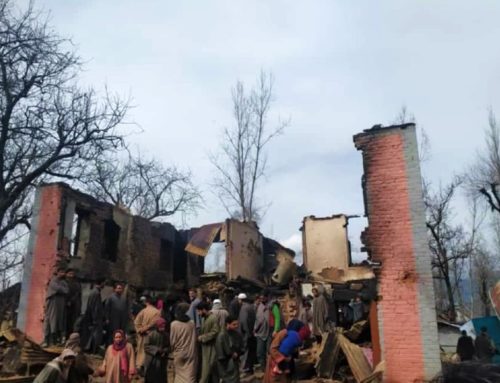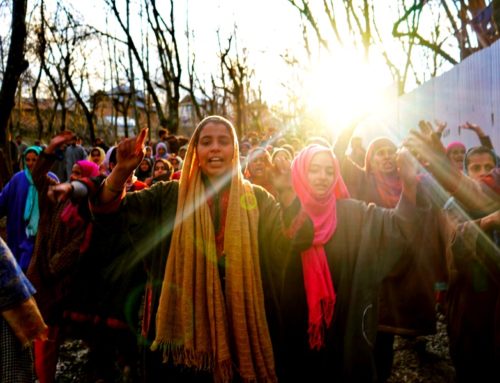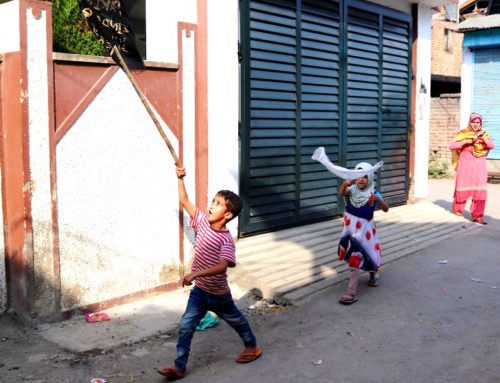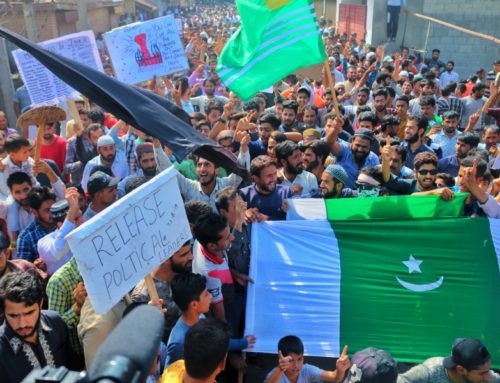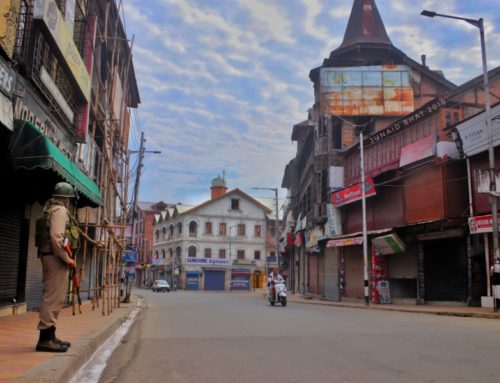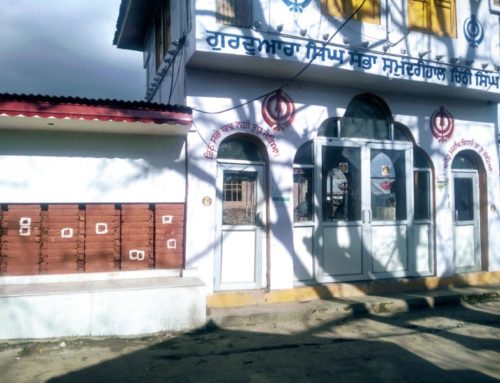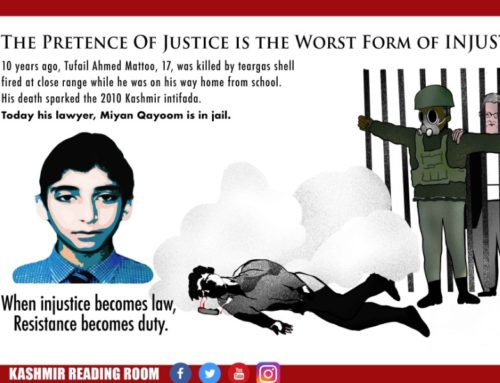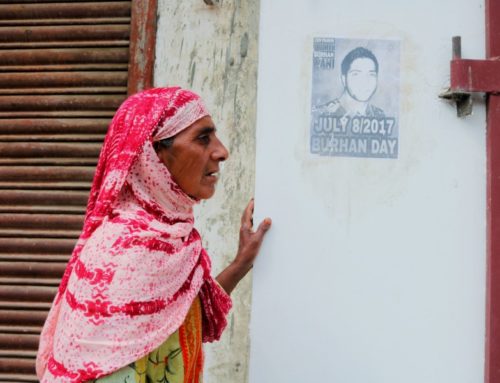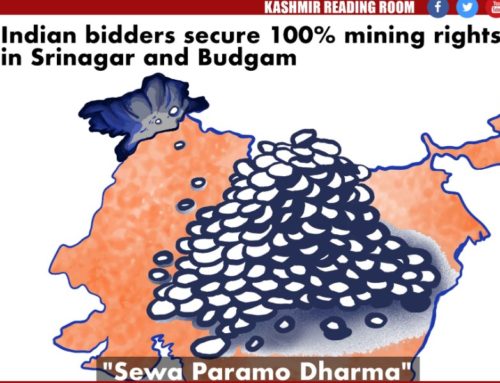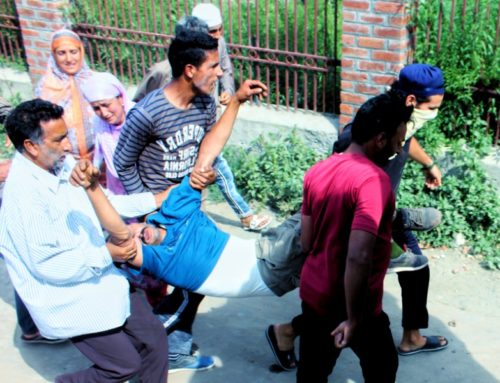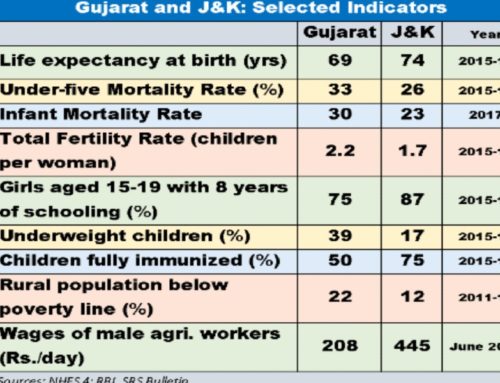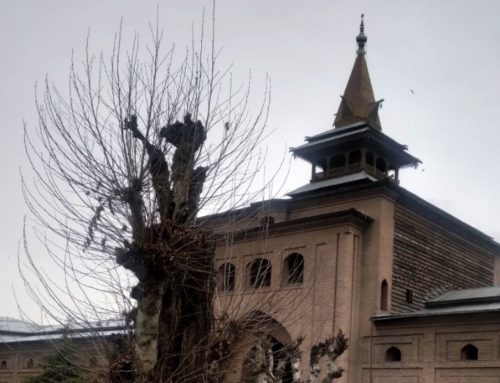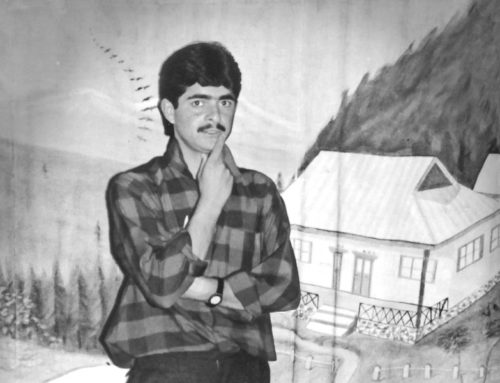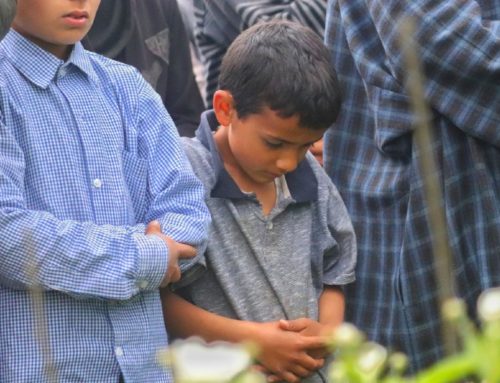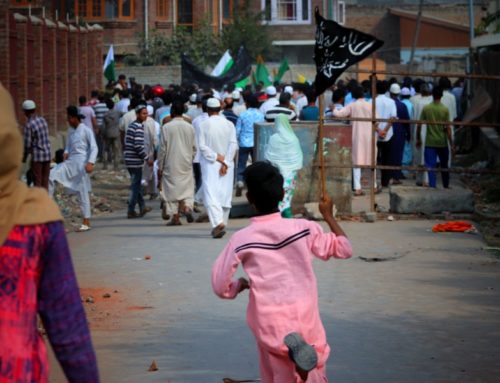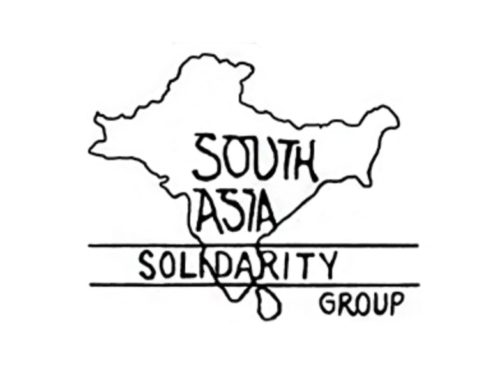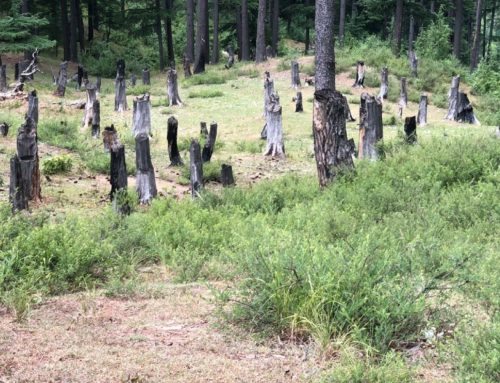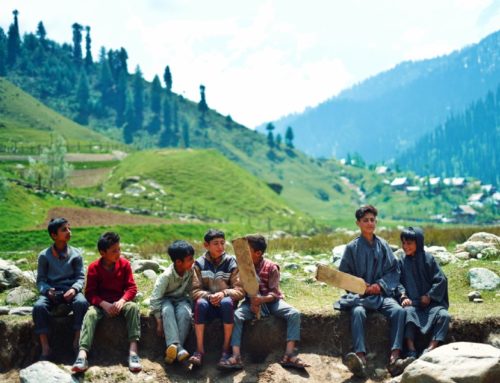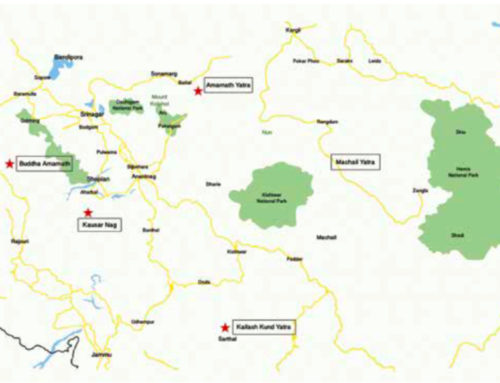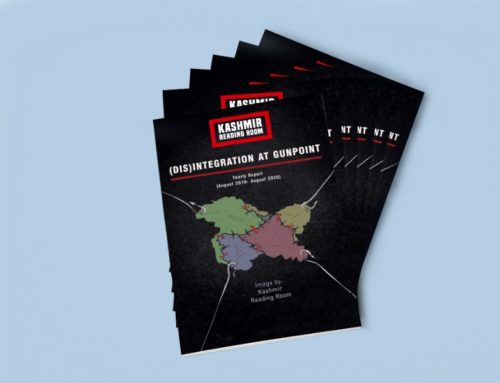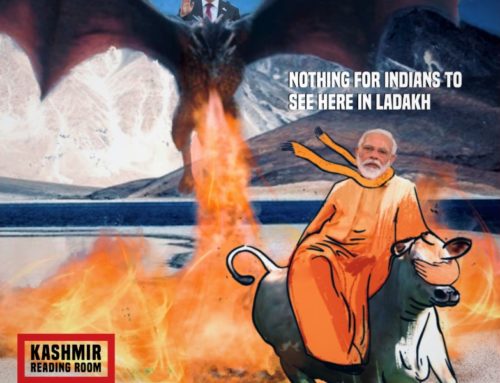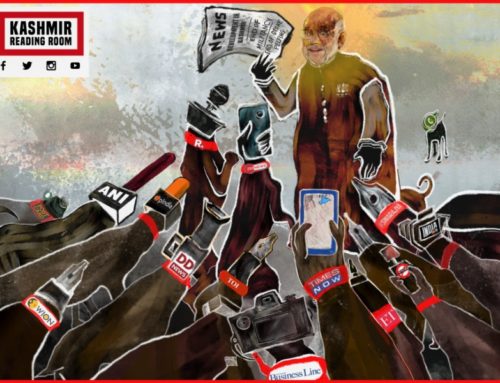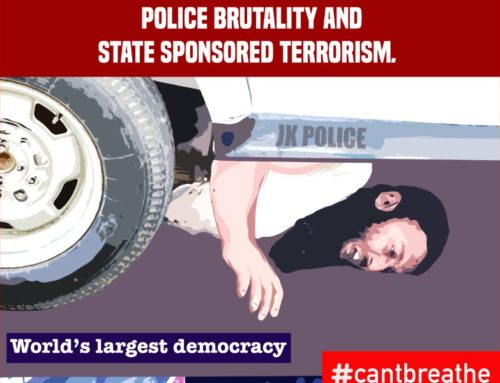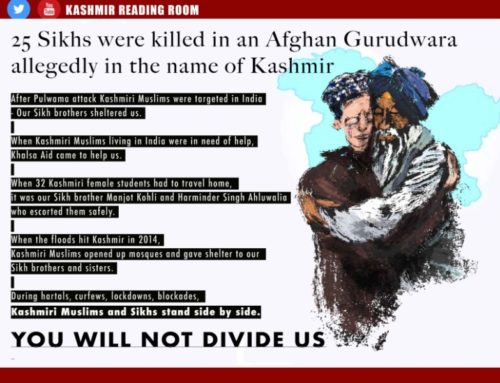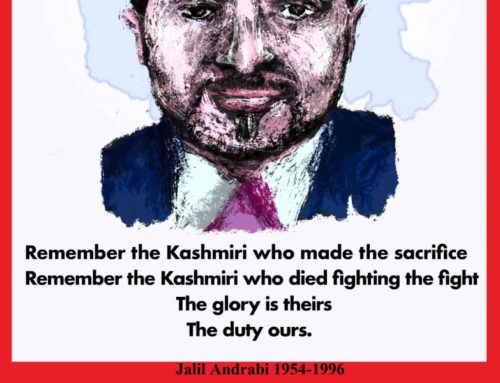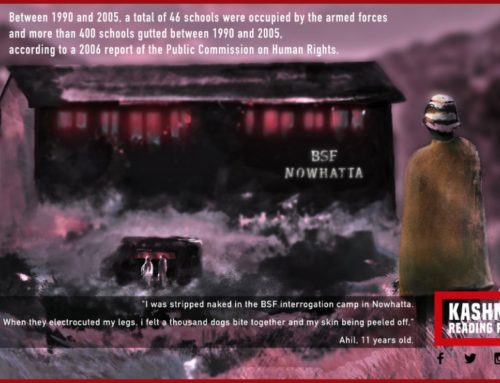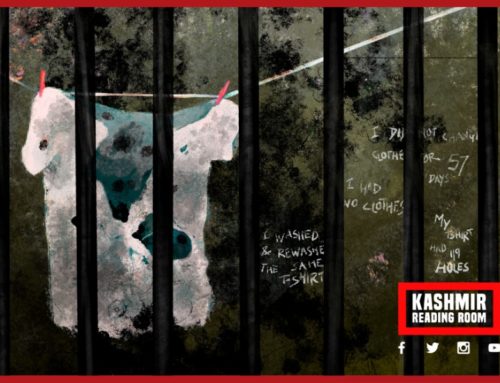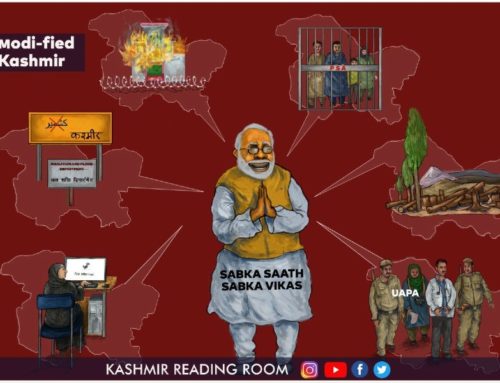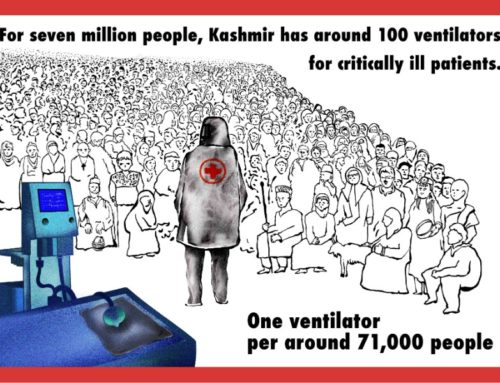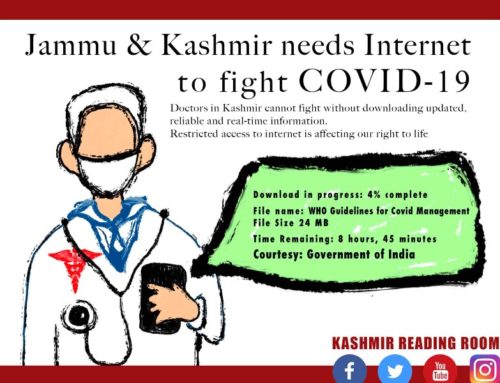‘The Kashmiri Nation Will Rise’
Kashmir Reading Room Speaks with Sampat Prakash, a Kashmiri Trade Unionist
Kashmiri Pandits and Kashmiri Muslims have been portrayed as being mutually incongruous by vested interests of the Indian regime. In an environment which is abuzz with venomous and polarizing narratives, it is pertinent to amplify voices of reason and camaraderie. This interview is an effort to commemorate the history of their common struggle and solidarities. Kashmir Reading Room interacts with octogenarian trade unionist, Sampat Prakash. Having witnessed and led several movements in Kashmir, Sampat Prakash sheds light on the history of working-class struggles in Kashmir and how Kashmiri Pandits reject the domicile law. From his decades of experience in the struggle for democracy and egalitarianism in the valley, he throws light on the exploitation and repression that the Kashmiri people have faced at the hands of the Indian state.
KRR: The Modi Government has made statements that Article 370 was a hindrance to trade, investment, and development in the state. Now that Article 370 has been amended and Article 35A is gone, how do you see the situation changing?
SP: It is 100% false and incorrect. With 60 years of experience in public movement, I can say it is a false statement. I shall be giving two examples; since 1947 after accession to India, we had our own Prime Minister, State Assembly, Special Status, and state subject laws as a result of Article 370. Since then Indians have reached out to almost every village in India. But it has now been 70 years and they have not even started trains from Jammu to Srinagar.
Many governments came but none of them took any interest in the development of Kashmir- be it Nehru, Indira Gandhi, V.P Singh, or the present BJP. Our commodities, our fruit business, orchards, our handicrafts, vegetables – they have never tried to uplift these businesses. This is not because of Article 370. This is merely being used as propaganda to deprive Kashmir of its basic rights.
We have never even had the opportunity of consuming electricity being produced in our valley (the electricity generated in the valley is transferred to Indian states). We have Jhelum, Sindh, and Wular but not even 20% of the electricity generation potential has been realized. We have botanical gardens, beautiful lakes, springs and places like Kokernag. But none of these are developed to reach their real potential. We have our own vegetation, minerals, etc. India never built any multinational companies, they have always discouraged us, portrayed Kashmir as a disputed territory. Our tourism industry has suffered the worst. Kashmir would have been a prosperous nation. Kashmir was a self-ruled nation before this forceful accession. In 1947, we rejected the two-nation theory. We did not accede to a ‘Hindu Hindustan’. We acceded to a secular India, a democratic republic. If India does not continue as secular and democratic now, our fight with them will start again.
I would like to mention something, 50 years ago, when I was in my 30s and G. M. Sadiq was the Chief Minister, I went on a strike and was detained. I was kept in Tihar jail and my activities were considered to be affecting the ‘security of the state’. I was detained under the Preventive Detention Act (1964). I challenged it in the Supreme Court of India (arguing against invalidity of the detention on the ground of infringement of the fundamental rights guaranteed by Part III of the Constitution). Before the (five-judge) bench comprising Chief Justice Hidayatullah it was debated whether Sampat Prakash could be detained under the law passed by the Indian parliament. Due to Article 370, law applicable in Kashmir must be only from my own legislature. I had my own flag, Prime Minister and my own identity.
While speaking about the history of Hindu-Muslim unity in Kashmir, Prakash remarked…
Kashmir is a proud nation that has produced rulers like Lalitaditya, the ruler of Karkota Dynasty, known as the Alexander of Kashmir. Look at the Martand Sun Temple. We have a history of more than 5000 years, which is older than the Mesopotamian civilization (4300 years). The Aryan civilization is only 4200 years old. Chinese civilization is 4500 years old. We are one of the oldest civilizations of central Asia. Throughout this time, Kashmir has maintained communal harmony. We had welcomed Shah Hamdaan who brought the light of Islam with himself and the majority of the population converted to Islam, peacefully, without any force. They provided us with handicraft which enriched and strengthened the economy as well. The entire shawl industry is a gift from them. When did the Indian economy come to uplift us? In this regard, Allama Iqbal had mentioned:
Ae Aab-e-Rood-e-Ganga! Woh Din Hain Yaad Tujh Ko?
Utra Tere Kinare Jab Karwan Humara
Oh, waters of the river Ganges! Do you remember those days?
Those days when our caravan halted on your bank?
KRR: How are the daily wagers surviving the lockdown?
SP: Almost 1 lakh daily wagers and labourers have been affected. There is a Minimum Wages Act but not even 1/4th of the wages are given to these labourers due to the present economic condition. Our workers have earned their rights after years of struggle. Their movement is also one of the oldest in the world – at the time of Napoleon, 28 lakh shawls were produced in one year while Ranbir Singh imposed 71% tax on the production. The first movement led by the working class in the world was the Shawlbaf movement in 1865 – more than 20 years before the Hay-Market agitation in Chicago. Thousands of shawl weavers marched to Maharaja’s palace and many were butchered. Whether you look at South East Asia, Asia or Europe, ours is the first uprising of the working class of the world. The world celebrates the first Workers Movement as May Day in Chicago in commemoration of a worker’s movement in 1886 but we started before that in 1865. The honour of the world’s first uprising of working classes belongs to Kashmir. “If death is the penalty to speak the truth, call your hangmen. We will march to the gallows!” – This was the main slogan of the leaders of the movement of 1865. The shawl weavers were hanged at Zaldagar from the old city.
KRR: How has the turmoil affected trade unions and your work with the workers movement in J&K?
SP: J&K state has had a well organised trade union movement. The first unions of working classes, private sector, master (teachers/carpenters), clerks, sweepers, shikara wala and even gazetted and non gazetted officers were members of a registered body – the J&K Trade Union in 1964. I have been the head of the organization since then. After August 5, 2019, hundreds of men have been put behind bars in the state and outside the state. These men protested the dismissal of Article 370 of the Constitution of India.
“Raakh bhi ghar mai aur chingaari bhi sulakh jayegi”
The Kashmiri nation, our new generation will rise. No movement in history is just 30-40 years old. The new generation is rising. They are emancipated and enlightened.
Militancy is not a debt; it is a devotion. Those who died for the Kashmiri nation are the best souls that almighty has given us. I am of this opinion. After 5th August, the Indian forces have been writing a book of terror with the blood of innocent kashmiris, the foreword of which was written by that butcher Jagmohan, notorious for ‘frozen turbulence’ – the whole Kashmir valley was scorched, the beautiful valley has been bulldozed, humanity ravished, virginity molested. People have been tortured, molested and killed in interrogation centres like Papa II. Lakhs have been uprooted from their homes in Kashmir. For Kashmiri women every morning begins with the henious crime of rape. Cases like Kunan Poshpora show the level of inhumanity – it is a big blot on the face of Indian state.
KRR: It is said that the domicile law is beneficial for Kashmiri pandits. How true is that?
SP: I am at the advanced age of my life; I am now 85. This is a big shock to me. All the political parties should form a common platform, we all need to come together to reject this law. What is the need of this domicile law? I carry my own status as a Permanent Resident and state subject. Kashmir was an independent country. We have been fighting since a century with our movements like Quit Kashmir, Kashmir Conspiracy Case etc. In Naya Kashmir, we have already given equal rights to women and to workers. We have maintained communal harmony till now.
India and Pakistan are the same country and have the same cultural and social heritage. But they’ve turned everything upside down – from the Mohenjo-daro civilization to the Aryan civilization of 4000 years.
When Afghans took over Kashmir, they reached near Shalteng, all the people from different villages and towns like Budgam and Srinagar, Tangmarg and Kupwara protected the Kashmiri Pandits in these regions. Kashmiri Pandits comprised of 7% of the state population but all the Muslim families at that time protected Pandit women. Muslims provided Pandit women with clothing to look like Muslims. This is the real Kashmiri Muslim. Not even a single blood drop fell.
Contrast this with the communal situation at the time of partition, the whole of India and Pakistan were in flames – from Lahore to Gujarat. But at the same time, in Kashmir, this period was a historical example of harmony. Mamata Gandhi observed this and said “sooraj ki kiran mujhe Kashmir sai dikhi.”
While many leaders were fighting for the Quit Kashmir movement including Sheikh Mohammed Abdullah, Premnath Bazaz, Mirza Afzal Beg, we have always placed harmony between the Hindus and Muslims first.
At this moment as well, Kashmiri Pandits who have been with me and others present in different parts of India prioritize our peaceful co-existence and are also against this domicile law. Domicile law is not accepted by us. We want our special status – India and Pakistan should solve our issue by bilateral talks. We have become the victims of their war and we have lost 1 lakh children. 4 lakh Kashmiri Pandits were forced to leave. Discord was created between us – Ikhwans (surrendered militants working for army) like Kuka Parray, Papa Kishtwari, Saithe Gujar, Ahmad Khane. We have seen such elements being created by India for 60 years now.
KRR: The Modi government is saying that they’re investing in Kashmir. What is your view, do you feel this investment is going to benefit people or is it going to create more unemployment?
SP: First provide food and shelter to those who are affected due to COVID-19, investment is not a big deal. They are not even developing the resources that Kashmir already has, how will their investment benefit us? Which corporate house is going to invest in Kashmir when India is not even able to fulfill our necessities? We had an ideology leaning towards socialism prioritizing public spending. The BJP does not believe in this. They want to leave only class-IV jobs for Kashmiri people like cleaning, peons and sweepers, etc.
KRR: What do you say about the future of the working class during the Modi government?
SP: The working classes and students will be the backbone of our struggle.
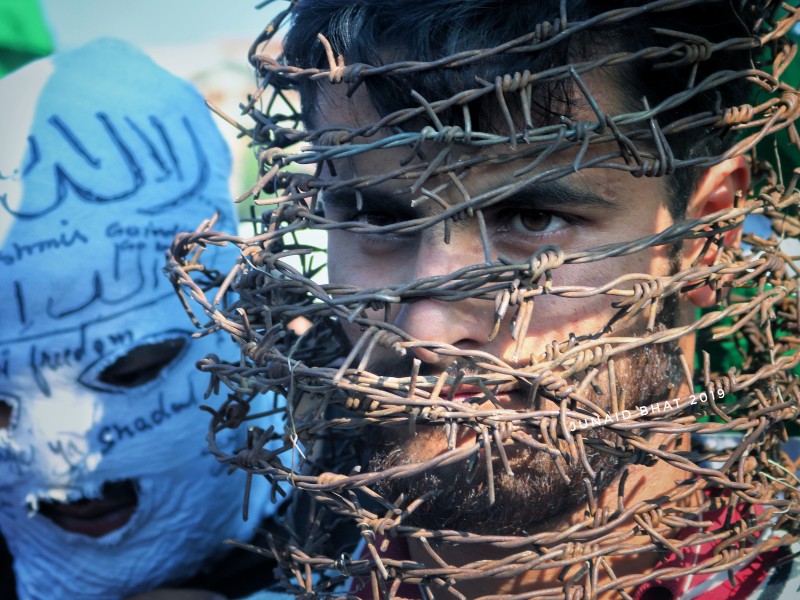
All our work is available free of charge, if you wish to support our work by making a donation, so that we can continue to provide this vital service, please do so here.
This opinion article forms part of Kashmir Reading Room’s Yearly Report Aug 2019-Aug 2020. You can view the full report by clicking on the button below.
Disclaimer
The author(s) of every article and piece of content appearing within this website is/are solely responsible for the content thereof; all views, thoughts and opinions expressed in all content published on this site belong solely to the author of the article and shall not constitute or be deemed to constitute any representation by JKLPP, Kashmir Reading Room, the author’s employer, organisation, committee or other group or individual, in that the text and information presented therein are correct or sufficient to support the conclusions reached.
